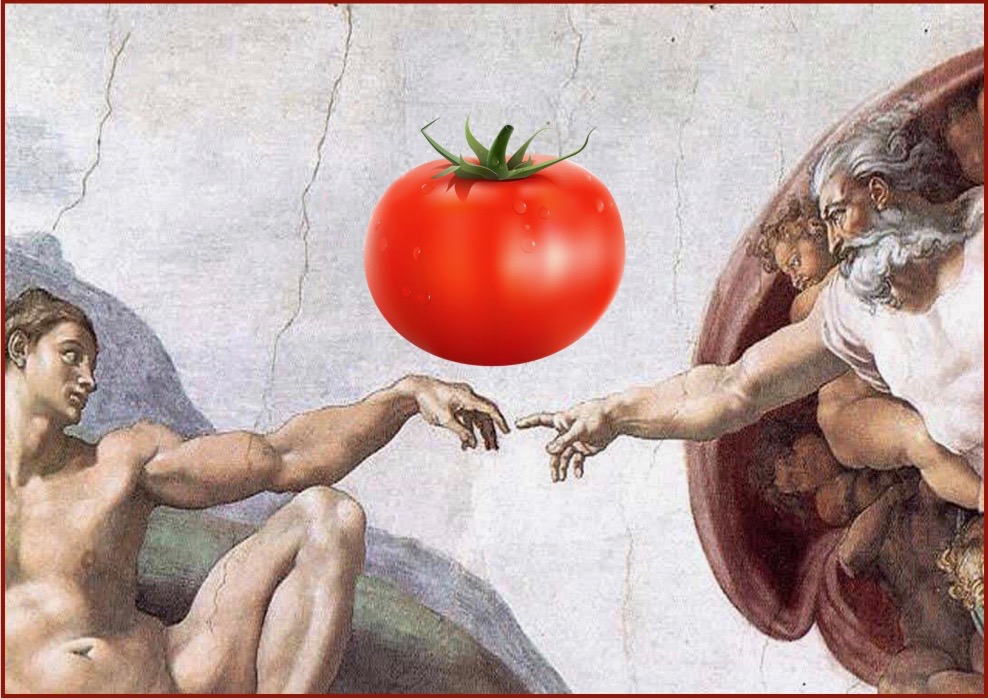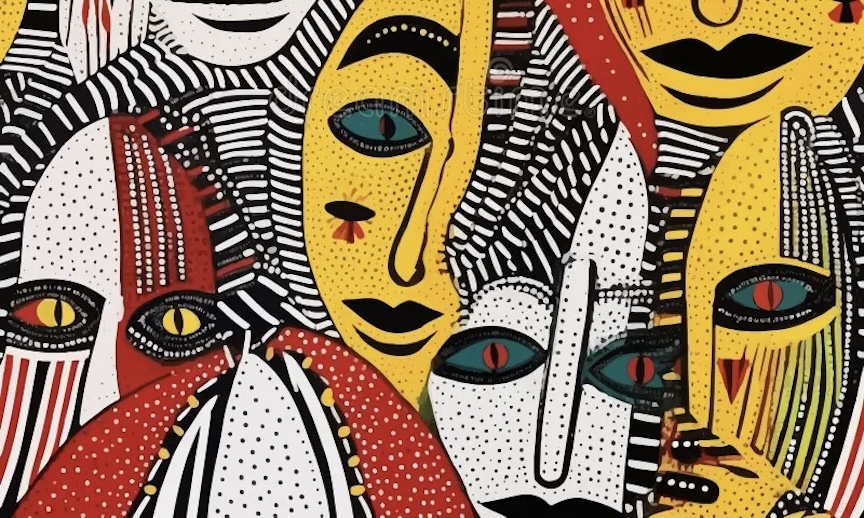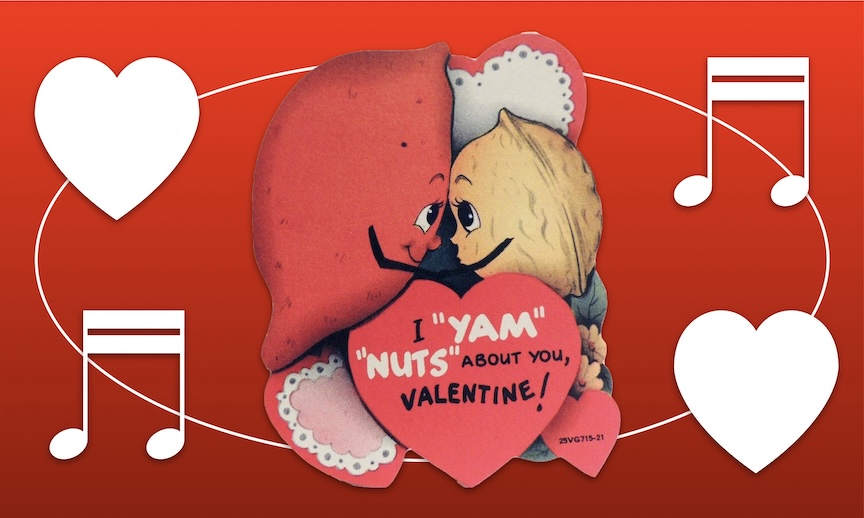Tomayto Tomahto
God can be a controversial idea. Amongst many of my friends and family, people I respect and admire, any mention of “God” can prompt a prickly sensitivity or a dismissive eye-roll — like I’m a superstitious nut job utterly out of touch with reality.
I know I sometimes do the same thing, too. When someone with a concept of the Divine different from mine starts talking about a “Heavenly Father” or “Lord and Savior,” they almost always lose me — I smile with polite condescension and start looking for the exit.
If we don’t already share a theology or aren’t prepared for a turbulent dive into comparative religion, then God tends to be a conversation killer. The very word shuts it right down. It’s just one of those loaded topics into which we can’t help but project all sorts of our own preconceptions and baggage.
I might think I know what someone is saying when she talks about God, but because it’s a mind-bogglingly complex thing, unless we’ve got time to discuss it forever, it’s unlikely that we’ll get anything like a complete picture of what the other person truly thinks or means. So we fill in the gaps with our own understanding of the Infinite, which — let’s face it — can’t help but be spotty and contradictory and vague, filtered through our own identity trips, and usually tainted with unconscious worthiness issues.
The best-case scenario leaves us with big uncomfortable question marks between us. More often, however, we just make assumptions, and disagree, and judge each other.
So usually it seems better just to avoid talking about it at all. How many families have a no-politics and no-religion agreement for holiday gatherings? For how many of us does it seem weird or even rude to bring up God in casual conversation? For me, most of the time it feels too intimate, too personal. And I’m a minister, for heaven’s sake!
It occurs to me that if God is a discomforting topic, we’re probably talking about it in a way that misses the point. If God is a subject that divides us from each other — if our theology or lack thereof leaves us “in” or “out” depending on what we believe — then we’ve probably adopted a limited and limiting idea of it all that doesn’t serve us or anyone. We’re using the wrong language. If how we’re holding (and/or being held by) the Divine doesn’t draw us closer to our deepest selves, to everything, and to each other then what good is it?
I’d like to offer, in fact, that we need an inclusive enough concept of God to include even God’s non-existence — an Infinitude where Everything and Nothing are just different ways of reaching out to the same indescribable Something.
Humanism, religious doctrine of every stripe, sociology, scientific exploration, philosophical inquiry, atheism, agnosticism, personal experience… if God doesn’t include all these, we’ve stuck ourselves with a puny God.
I think that deep down we probably agree on a lot more than we realize. When we get hung up on the particulars, it can seem like our 7 billion different individualized ideas of the ineffable Allness of It All are completely irreconcilable. Because you say “tomayto” and I say “tomahto” — you say “atheism” and I say “panentheism” — you say “Almighty Father” and I say “Universal Consciousness” — like the Gershwin tune goes, we decide, “let’s call the whole thing off.” And that’s just silly.
The song wisely realizes in the bridge:
But, oh, if we call the whole thing off, then we must part.
And, oh, if we ever part, then that would break my heart.
That’s the point, right? Our separation, our parting, is heart-breaking. And how ironic it is to allow our relationship to everything and each other, our togetherness — which is for me the whole purpose of science and philosophy and religion — to create this sense of separation…
We’re not going to come up with answers for all this. We’re not going to come close. But we can take some big juicy bites of it together, and that’s a whole lot of something. I can’t wait to see you. XO, Drew
© 2018 Drew Groves




